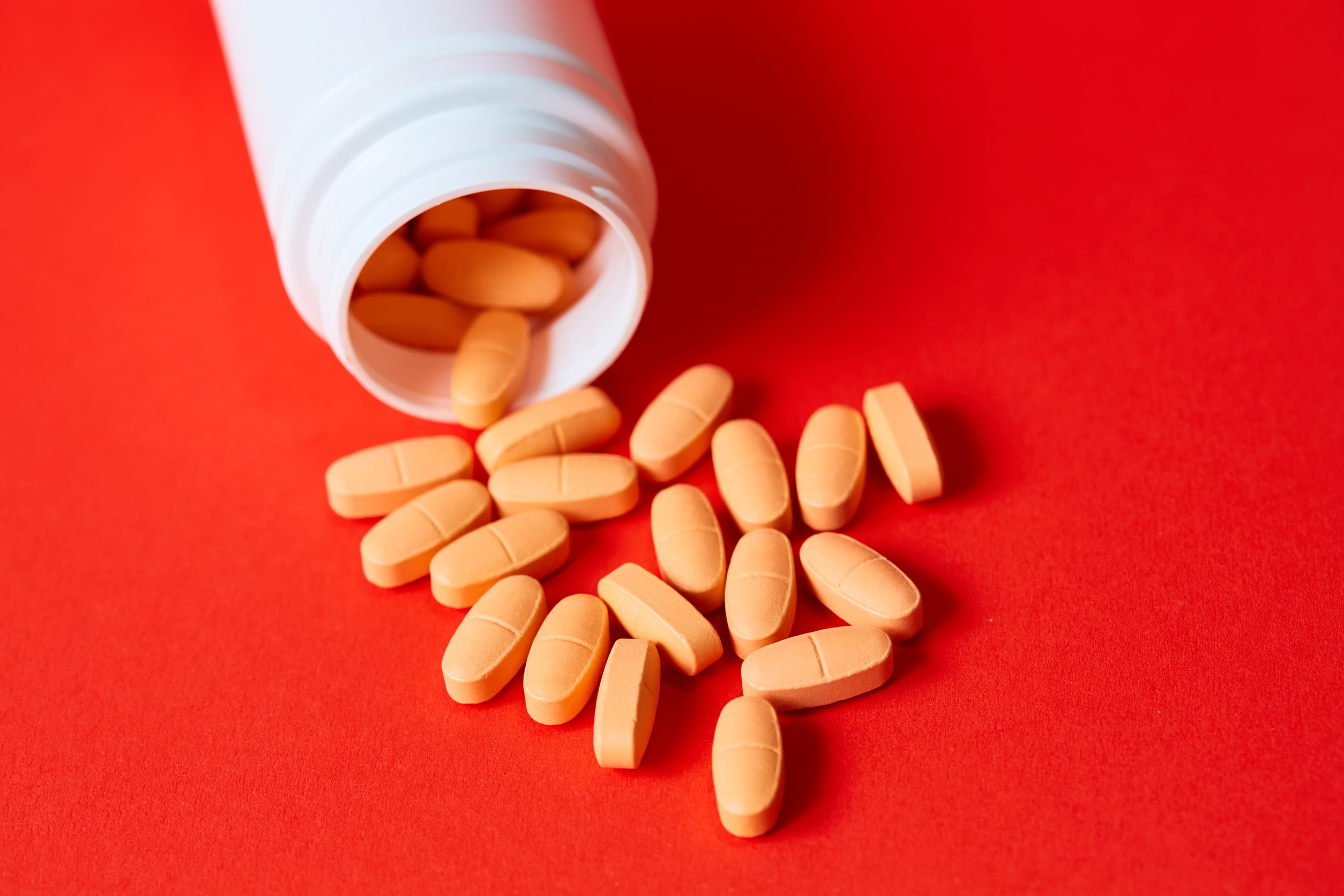Supplement shelves are crowded with promises—boosted energy, sharper focus, faster metabolism, stronger immunity. But not everything in a shiny bottle delivers what it claims. Some supplements rake in millions despite little to no scientific support for their health benefits.
Consumers shell out serious money, chasing wellness based on bold marketing rather than proven science. Here’s a closer look at eight high-priced supplements that have yet to earn their hype.
1. Collagen Supplements
Collagen supplements are marketed as miracle fixes for skin, joints, and even gut health. While collagen is a structural protein in the body, taking it orally doesn’t guarantee it will reach the skin or joints in a usable form. Most collagen is broken down during digestion into amino acids, the same as any other protein. Clinical studies show only minimal or inconsistent benefits for skin elasticity and joint pain. The high cost rarely matches the evidence.
2. Activated Charcoal
Activated charcoal is often promoted for detoxifying the body, whitening teeth, or reducing bloating. Despite the claims, there is little scientific backing for its use outside of emergency medicine, such as treating poison ingestion. It can also interfere with the absorption of medications and essential nutrients. The trendy appeal doesn’t change the fact that most people simply don’t need to “detox” in the first place—your liver and kidneys do that naturally. Spending money on daily charcoal capsules is more about marketing than meaningful health outcomes.
3. Glutathione Supplements
Glutathione is a powerful antioxidant the body produces naturally, and it’s often promoted as an anti-aging or immune-boosting supplement. However, oral glutathione has extremely poor bioavailability, meaning very little of it actually enters the bloodstream. Most of what’s consumed gets broken down in the digestive tract and never reaches cells in its active form. Injectable forms exist but are expensive, and even those show limited, inconclusive results. For now, there’s no strong evidence that supplementing with glutathione offers tangible benefits for healthy individuals.
4. Deer Antler Velvet
Deer antler velvet gained fame thanks to professional athletes claiming it could boost performance, recovery, and even testosterone levels. The supplement comes from the soft, growing antlers of deer and is often processed into sprays or capsules. Studies on its efficacy are minimal, often poorly designed, and don’t show consistent or significant results. Many health organizations remain skeptical, citing the lack of credible, peer-reviewed research. It’s a classic example of anecdotal buzz outweighing real science.
5. Hydrogen Water
Hydrogen water is regular water infused with extra hydrogen gas and sold with claims that it can reduce inflammation, slow aging, and increase energy. These benefits are largely theoretical and based on limited lab studies, many of which don’t translate to human health outcomes. Independent research hasn’t verified any long-term or substantial health advantages. Most hydrogen gas escapes from water quickly unless it’s stored under pressure, making it questionable whether consumers are getting what they pay for. It’s an expensive hydration trend with little proof behind it.
6. NAD+ Boosters (like Nicotinamide Riboside)
NAD+ is a coenzyme involved in cellular energy production, and supplements like nicotinamide riboside (NR) aim to increase NAD+ levels to slow aging and enhance brain function. While animal studies show some promise, human trials are sparse and often show inconsistent results. The body tightly regulates NAD+ levels, and increasing them artificially doesn’t always lead to improved outcomes. Most of the marketing leans heavily on early-stage science rather than robust clinical evidence. Until more is known, paying premium prices for NAD+ boosters is a gamble.
7. Homeopathic Remedies
Homeopathic supplements are often priced similarly to mainstream health products but are based on principles that defy basic chemistry and biology. These remedies use substances diluted to the point where virtually none of the original ingredient remains. Numerous meta-analyses have shown that homeopathy performs no better than a placebo. Despite this, many homeopathic products are packaged and priced like legitimate treatments. Consumers may feel reassured by branding, but the science simply doesn’t support the effectiveness.
8. Brain Enhancement Nootropics (like Alpha-GPC)
Alpha-GPC and similar nootropics are sold as cognitive enhancers meant to improve memory, focus, and mental clarity. While they’re popular among students and professionals, evidence of their effectiveness in healthy people is slim. Most studies focus on individuals with cognitive impairments, not the general population. Claims of improved brain performance are mostly anecdotal or backed by inconclusive research. Despite this, these supplements are among the most expensive in the wellness space.
The Price of Hype
Expensive doesn’t always mean effective, especially in the supplement world. Many of the products that drain wallets rely more on marketing spin than medical consensus. While some may show limited benefits in specific contexts, there’s no widespread, verified advantage for most healthy users. Relying on unproven supplements could also delay more effective treatments or lifestyle changes.
Have you tried any of these, or seen others that seem overhyped? Share your thoughts or comment with your experiences below.
Read More
10 Health Supplements That Doctors Want You To Stop Taking Immediately
10 Food Trends That Are Raising Health Alarms in 2025


